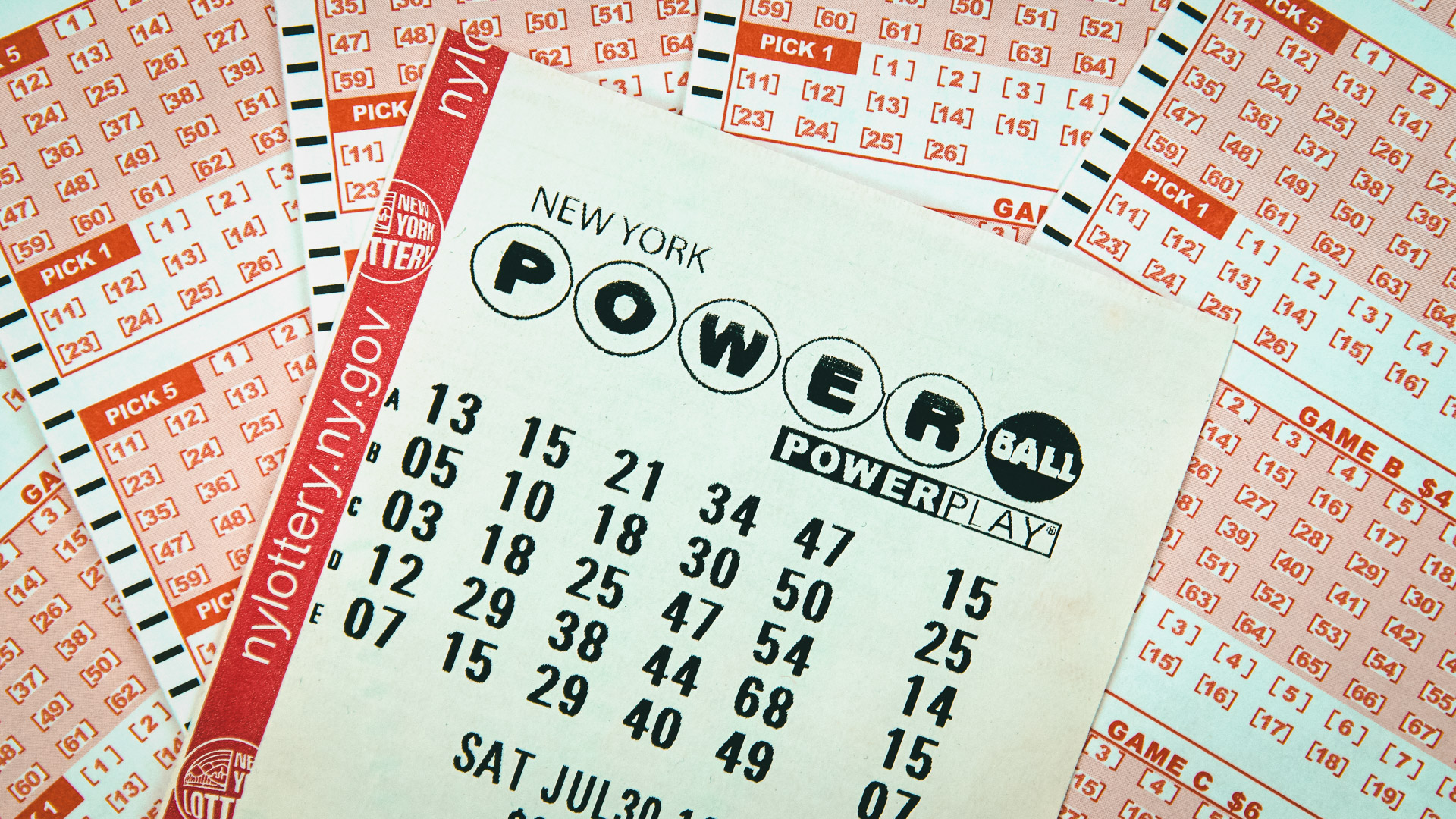live draw singapore have been a part of human history for centuries, serving as a means of raising funds, financing public projects, and offering a glimmer of hope to those seeking fortune. This article takes a journey through time, exploring the fascinating history of lotteries, from their ancient origins to the modern-day mega-jackpots like Mega Millions.
Ancient Beginnings
The concept of lotteries can be traced back to ancient civilizations. One of the earliest documented instances dates to ancient China, around 200 BC, during the Han Dynasty. These early lotteries were used to fund public projects, including the construction of the Great Wall of China. Tickets were sold to citizens, with prizes consisting of money or goods.
Lotteries also found their place in ancient Rome, where tickets were sold to finance citywide repairs and services. The Roman emperor Augustus even conducted a lottery to distribute valuable items among the citizens.
The Renaissance and European Lotteries
During the Renaissance period, lotteries gained popularity in Europe as a means of financing various projects. They were employed by city-states such as Genoa, Venice, and Florence to raise funds for public works, bridges, and fortifications. The success of these lotteries spurred other European nations to adopt similar practices.
In 1569, England held its first state lottery, initiated by Queen Elizabeth I to raise funds for public projects and military endeavors. This marked the beginning of government-sponsored lotteries in Europe.
Lotteries in the New World
Lotteries made their way to the New World as European settlers brought the concept with them. In 1612, the Virginia Company of London held the first recorded lottery in North America to raise funds for Jamestown, Virginia. Lotteries played a crucial role in funding early American infrastructure, including roads, bridges, and universities.
The American Revolution and Early U.S. Lotteries
During the American Revolution, lotteries were used to finance the war effort. Notably, the Continental Congress approved lotteries to raise funds for the Continental Army, underscoring the role of lotteries in shaping the early United States.
In the 19th century, lotteries fell out of favor in the U.S. due to concerns about corruption and fraud. Many states banned them, and they remained largely dormant for decades.
Modern Lotteries and Mega Millions
The resurgence of lotteries in the United States came in the mid-20th century when states sought alternative revenue sources. New Hampshire reintroduced the lottery in 1964, and other states followed suit. The establishment of the multi-state lottery association in the 1980s led to the creation of games like Mega Millions.
Mega Millions, launched in 1996, is a prime example of a modern, multi-state lottery. It offers colossal jackpots that capture the imagination of millions, with players from multiple states participating in draws twice a week.
Conclusion
From their ancient origins in China to their role in shaping modern lottery games like Mega Millions, lotteries have maintained their enduring appeal throughout history. These games have served diverse purposes, from financing grand public projects to offering ordinary individuals a chance at extraordinary wealth. As lotteries continue to evolve and capture the public’s imagination, they remain a testament to the timeless allure of taking a chance and dreaming big.


